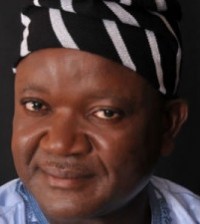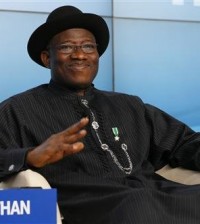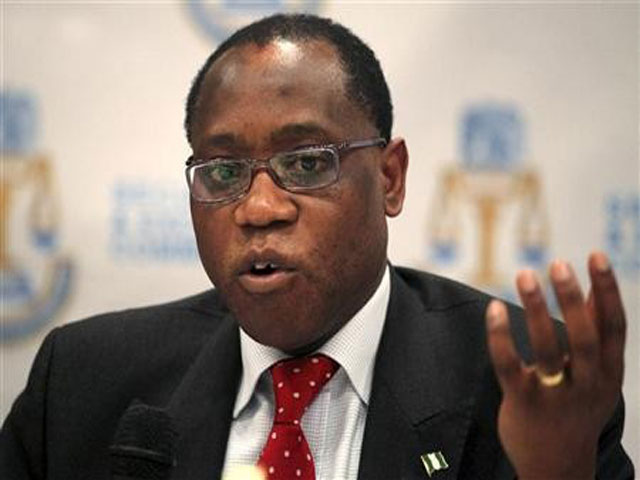FG to spend N880bn on power in 4 years
THE Federal Government, on Tuesday in Lagos, rolled out the transformation agenda of President Goodluck Jonathan, designed to fast-track Nigeria’s steady march at becoming
one of the top 20 economies by 2020.
In line with international best practice on governance, the government also released the result of a monitoring and performance evaluation report it carried out on all federal ministries, departments and agencies between 2010 and the first quarter of 2011.
The report contained some successes and challenges of the government in the implementation of various programmes and policies, as well as recommendations capable of improving the economy, ensuring good governance and boosting a conducive environment for the manufacturing sector and averting further pitfalls in the next four years.
Under the plan unveiled by the Minister of National Planning/Deputy National Chairman, National Planning Commission (NPC), Dr Shamsudeen Usman, during an interaction with media executives, the government envisaged public sector investment in the oil and gas downstream and upstream sector to the tune of N571.163 billion, because of the strategic importance of the sector to the economic growth and development of the country.
The report stated that though the sector met most of its 2010 targets, there were areas that still required special attention towards improving the sector.
These include the low capacity and performance of local refining of petroleum products, leading to high volume of imports; low value added, non-passage of the Petroleum Industry Bill by the National Assembly and the unresolved issue of the National Gas Masterplan.
It said that while there was a remarkable improvement in power generation in the first quarter of 2011, the government was working assiduously to augment the current output of more than 4,000 megawatts by August through the ongoing power projects across the country.
In two publications under the series Nigeria Vision: 20:2020 Economic Transformation Blueprint, the government plans to inject N1.894 trillion in human capital and social development.
Similarly, it is to spend a sum of N294.709 billion on information and communication technology and N1.002trillion in regional and development, the environment, water and sanitation.
The report noted that agriculture remained the highest contributor to the Gross Domestic Product (GDP), contributing 41.84 per cent in the period under review, but bemoaned the fact that the solid mineral sector had not been harnessed to its potential, noting that the sector played a key role in the economies of countries like Ghana and South Africa.
The economic blueprint came under a broad government long-term plan, tagged The First National Implementation Plan for 20:2020, which also gave a detailed breakdown of programmes, policies and expenditure on road projects, agriculture, manufacturing and physical infrastructure, which it described as the strong catalyst for growth.
According to the blueprint, more than N300 billion would be required by the government to bring the dilapidated federal roads, many of which were at different stages of rehabilitation, into a satisfactory usable condition.
It said the government, which accounted for 34,123km out of the total network of 193,200km of roads in the country, was losing N80 billion per year and an additional operating costs of N35 billion, because of the current neglect of federal roads.
As the lifeline of the national economy, because of potential for mass and long haulage of goods and passenger traffic, the government said it was revamping the Nigerian railway.
He said while work was in progress in the rehabilitation of some rail tracks across the country, contracts for the construction of others had been awarded, while that of the Lagos-Ibadan standard gauge would soon be signed.
The government said the total proposed investment on power from now to 2013 was N880.98 billion, to cover power generation, distribution, transmission and alternative energy.
It acknowledged that security was one of the challenges facing the country, but noted the success brought about by the restoration of relative peace in the Niger Delta.
However, the report identified poor governance as being at the heart of Nigeria’s inability to achieve its full potential and decried the high rate of unemployment among the youth.
It lamented that only 40 per cent of the Nigerian population had access to electricity supply, because of inadequate transmission and distribution network, coupled with ageing infrastructure.
Tribune








